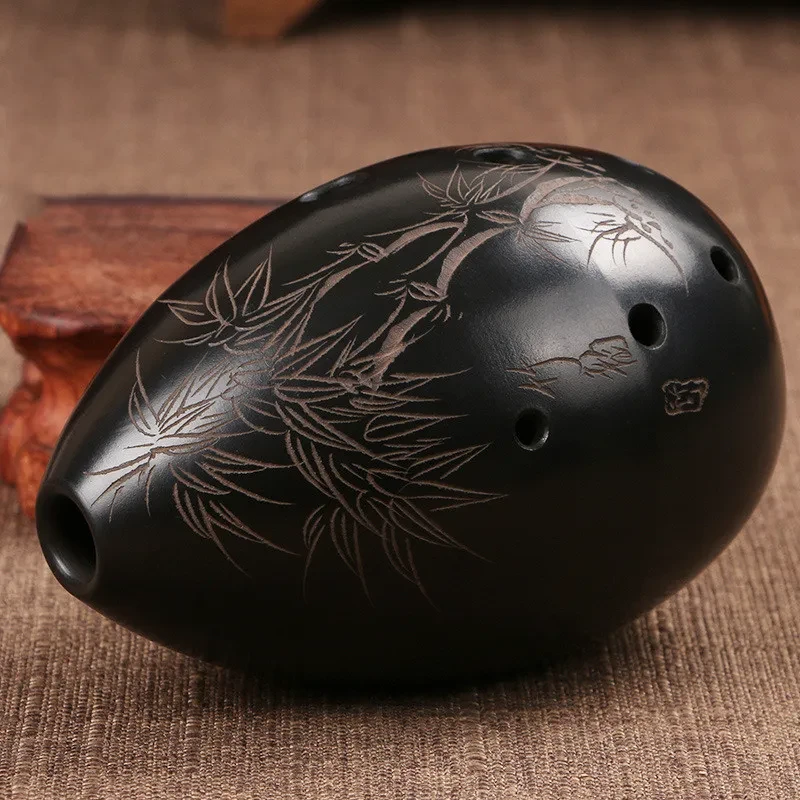
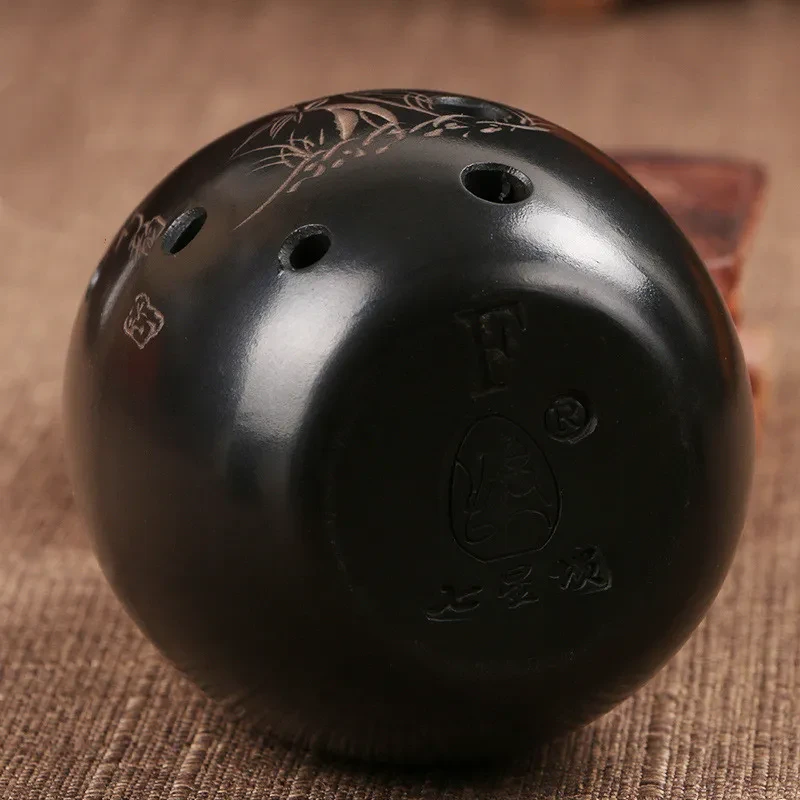
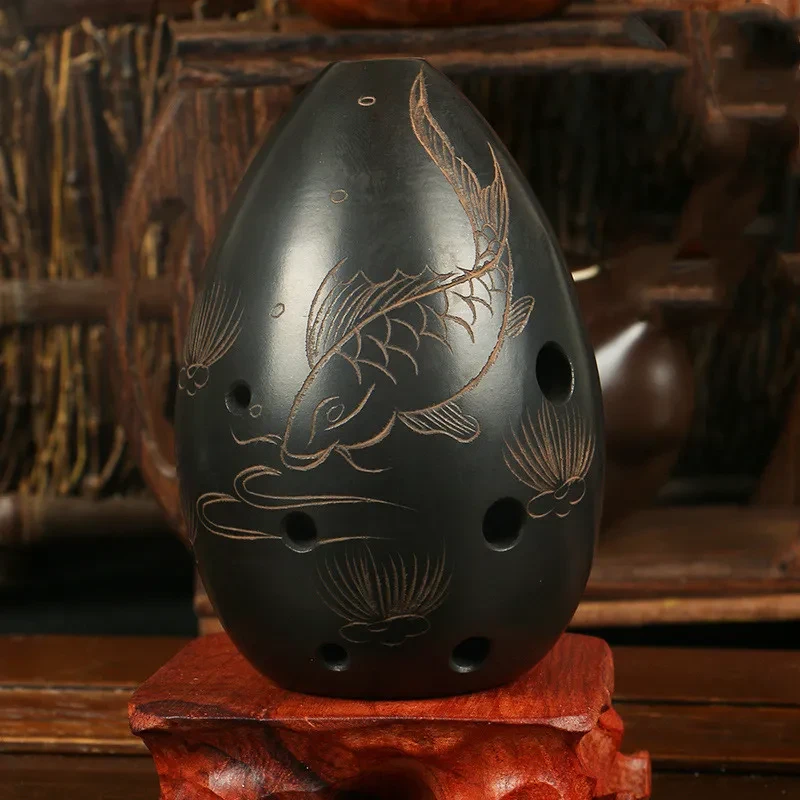
Self-taught playing musical instruments
Self-Taught Playing Musical Instruments – Discover the Joy of Independent Learning
Embark on a musical journey with self-taught playing musical instruments, an accessible and rewarding way to explore your creativity and develop a lifelong skill. With modern resources like online tutorials, apps, and instructional books, learning an instrument on your own has never been easier. Whether you're a beginner or looking to expand your musical repertoire, self-teaching allows you to learn at your own pace and tailor your experience to your interests.
Popular Self-Taught Instruments
-
Guitar
- Acoustic, electric, or classical, the guitar is a versatile instrument suited for a wide range of genres. With countless tutorials available online, it’s a favorite for self-teaching.
- Popular choices: Fender Acoustic, Yamaha Classical, or affordable starter kits.
-
Piano or Keyboard
- With beginner-friendly digital keyboards or traditional pianos, you can learn basic chords, melodies, and songs through apps like Simply Piano or YouTube tutorials.
- Recommended: 61-key beginner keyboards or rollable portable pianos for affordability and convenience.
-
Ukulele
- Small, portable, and easy to learn, the ukulele is perfect for beginners looking for a light and fun introduction to music.
- Ideal starter option: Soprano ukuleles with chord guides.
-
Hand Drums and Cajóns
- Percussion instruments like cajóns or djembe drums are intuitive and rhythm-focused, making them excellent for self-teaching.
- Try basic rhythm exercises and improvisation for creative exploration.
-
Flute or Recorder
- Wind instruments like flutes or recorders are compact, affordable, and great for self-paced learning.
- Start with simple scales and melodies before advancing to complex pieces.
-
Harmonica
- Easy to carry and versatile across blues, rock, and folk genres, the harmonica is a beginner-friendly choice.
- Many self-teaching books and video tutorials make it simple to get started.
-
Ocarina or Pottery Flute
- These niche, ancient-style instruments are intuitive and fun to play, with a distinct, soothing sound.
- Often accompanied by instructional guides or sheet music tailored for beginners.
Benefits of Self-Taught Musical Instruments
-
Flexible Learning Schedule
Learn at your own pace, fitting practice sessions around your lifestyle.
-
Cost-Effective
Save on formal lessons with free or affordable resources like apps, video tutorials, and self-teaching books.
-
Personalized Approach
Focus on the genres, songs, and techniques you enjoy most without adhering to a rigid curriculum.
-
Immediate Satisfaction
Play simple melodies or chords early in your learning journey, boosting motivation and confidence.
-
Develops Independence and Creativity
Explore music creatively and problem-solve independently, honing your skills in a unique, personal way.
Tips for Self-Teaching Success
-
Set Clear Goals
Decide what you want to achieve, such as mastering a song, learning scales, or developing improvisation skills.
-
Create a Practice Routine
Consistency is key. Dedicate at least 15–30 minutes daily to practice.
-
Use Technology
Leverage apps, YouTube channels, and online courses tailored for self-learners. Popular tools include Yousician, Ultimate Guitar, and Simply Piano.
-
Start Simple
Focus on basic techniques and beginner-friendly songs before advancing to complex pieces.
-
Join Online Communities
Connect with other self-learners for advice, tips, and inspiration through forums, social media groups, or local meetups.
-
Record Your Progress
Use your phone or a simple recording device to track improvement over time and identify areas for growth.
-
Invest in Quality Instruments
Choose beginner-friendly yet reliable instruments to ensure a positive playing experience.
Why New Zealanders Embrace Self-Taught Instruments
New Zealand’s vibrant music culture inspires many to explore instruments independently. From the creative energy of Wellington to the laid-back charm of Auckland, Kiwis love blending technology, resources, and self-motivation to learn music on their terms. Whether it’s strumming a guitar by the beach or mastering the piano at home, self-teaching offers a personalized path to musical expression.
Recommended Starter Kits for New Zealand Learners
-
Guitar Starter Bundle
- Includes an acoustic guitar, picks, tuner, and beginner’s guidebook.
- Price: $150–$250 NZD.
-
Keyboard Kit
- A 61-key portable keyboard with built-in lessons, headphones, and a sustain pedal.
- Price: $200–$300 NZD.
-
Ukulele Beginner Set
- Features a soprano ukulele, digital tuner, and chord chart.
- Price: $50–$100 NZD.
-
Percussion Pack
- Compact cajón or hand drum with rhythm exercises and a carrying case.
- Price: $100–$200 NZD.
Name: Eight-hole pear-shaped xun
Level: beginner practice playing
Pattern: Hand-made single-line engraving technique/fantastic rock pattern
Process: medium and low temperature firing/washing without worry
Tonality: Tube F, Major C
Specification: 7x10cm/ 7.5x11cm、
1: Clear water lotus
2: Hemudu human face fish pattern
3: National color peony
4: Yuyou Hao Shang
5: First grade bamboo section
6: Ming Vanilla
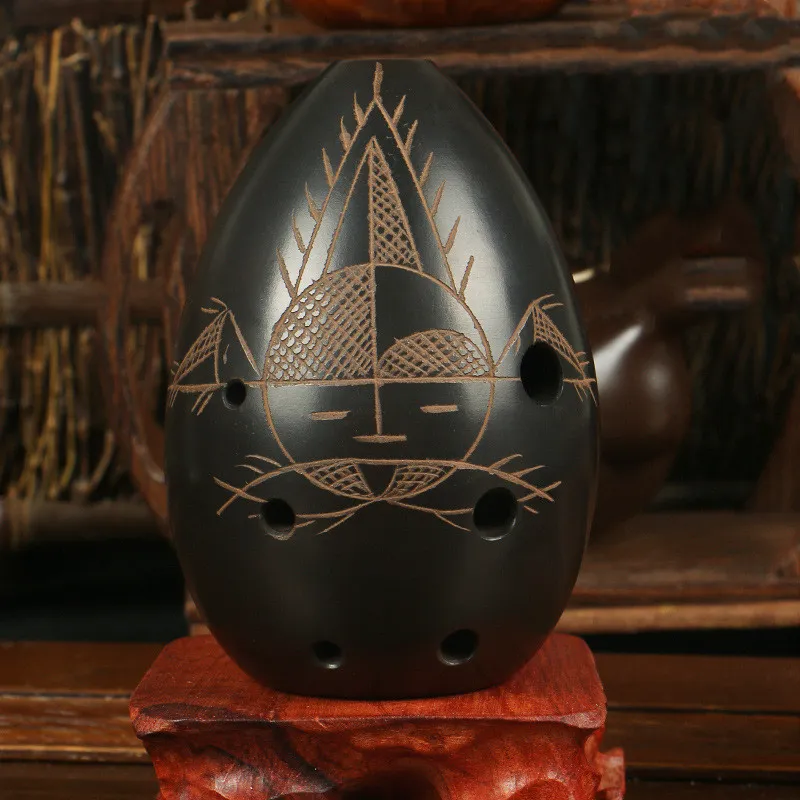
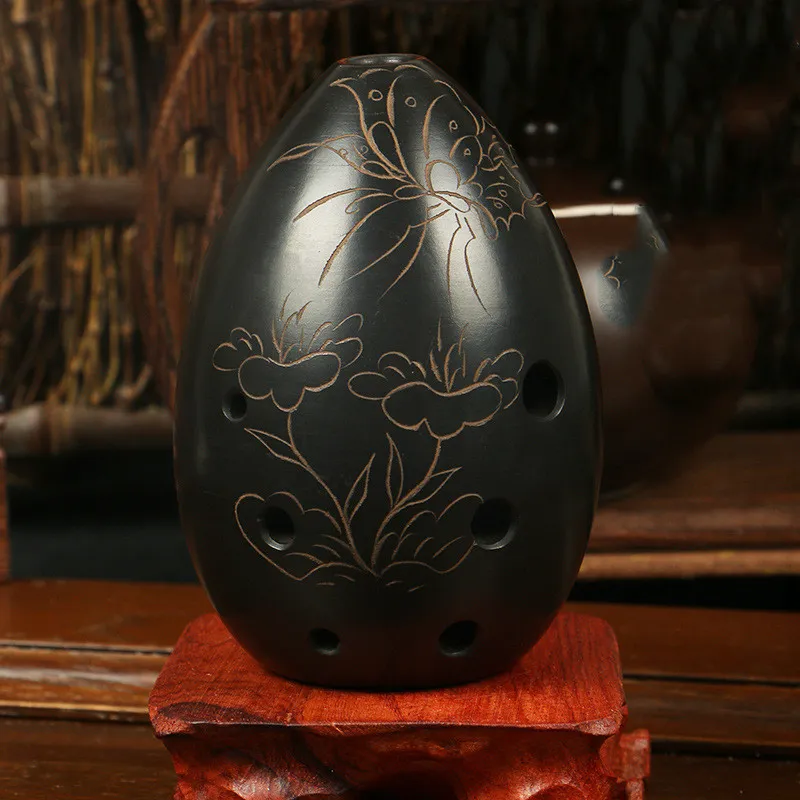
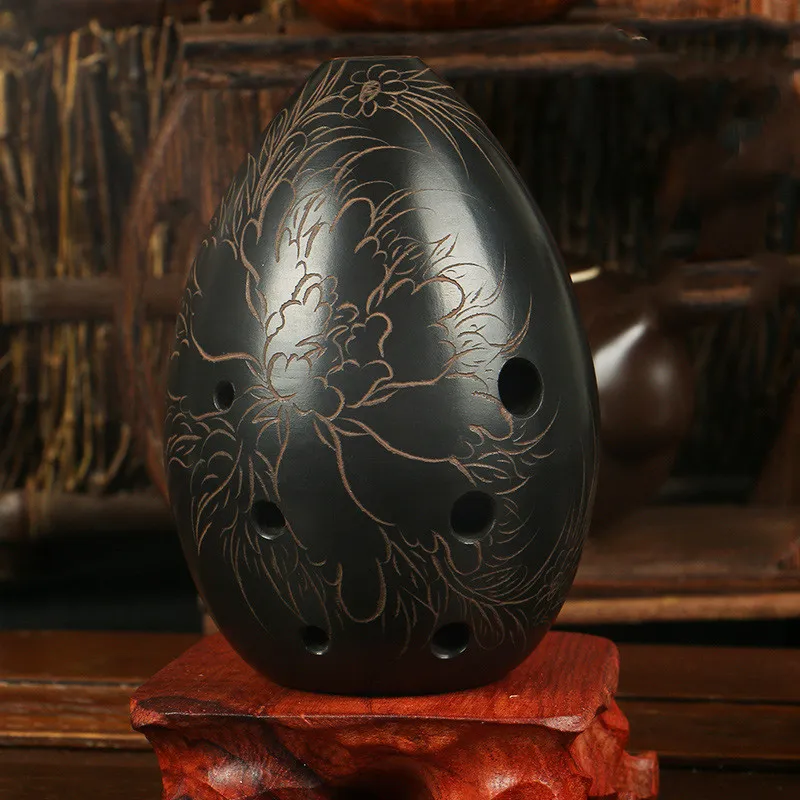
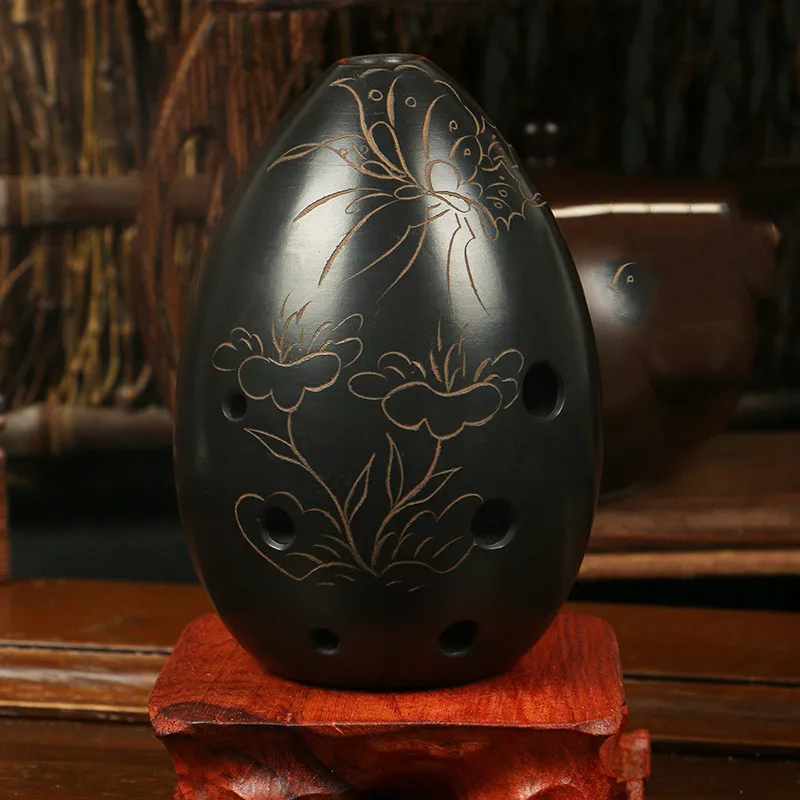
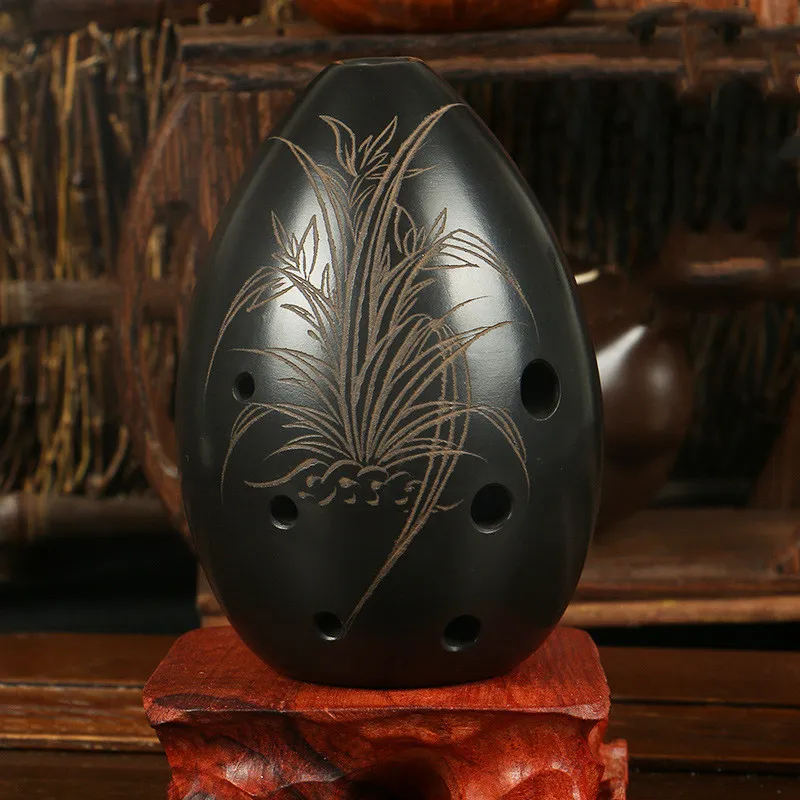
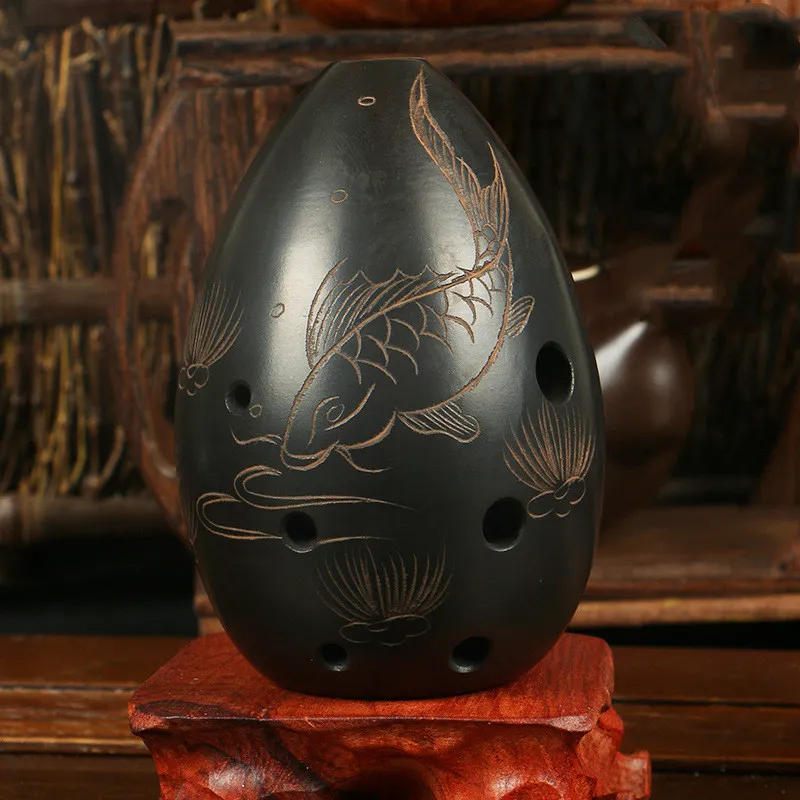
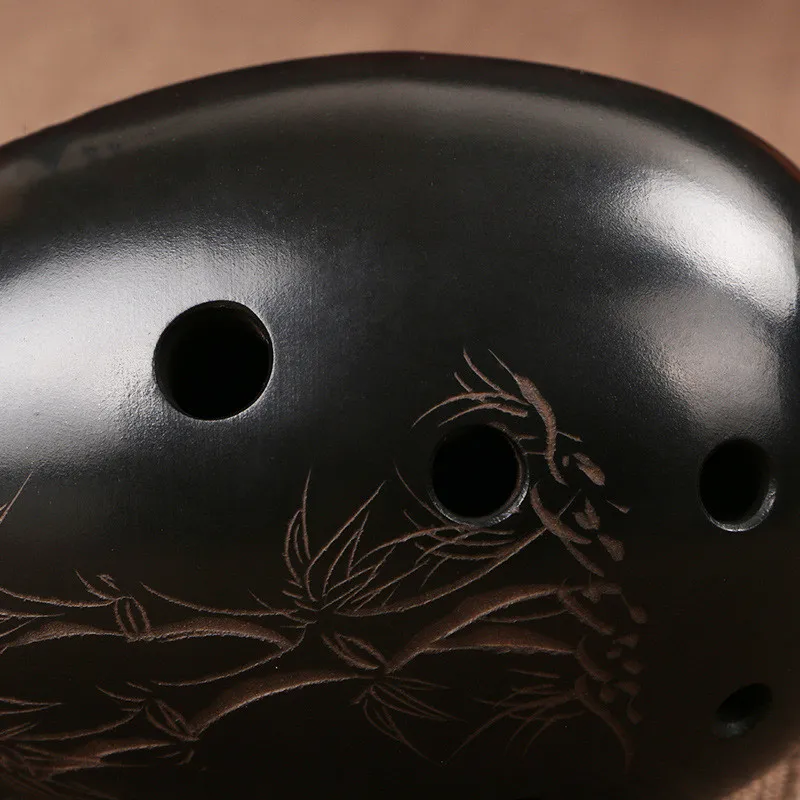
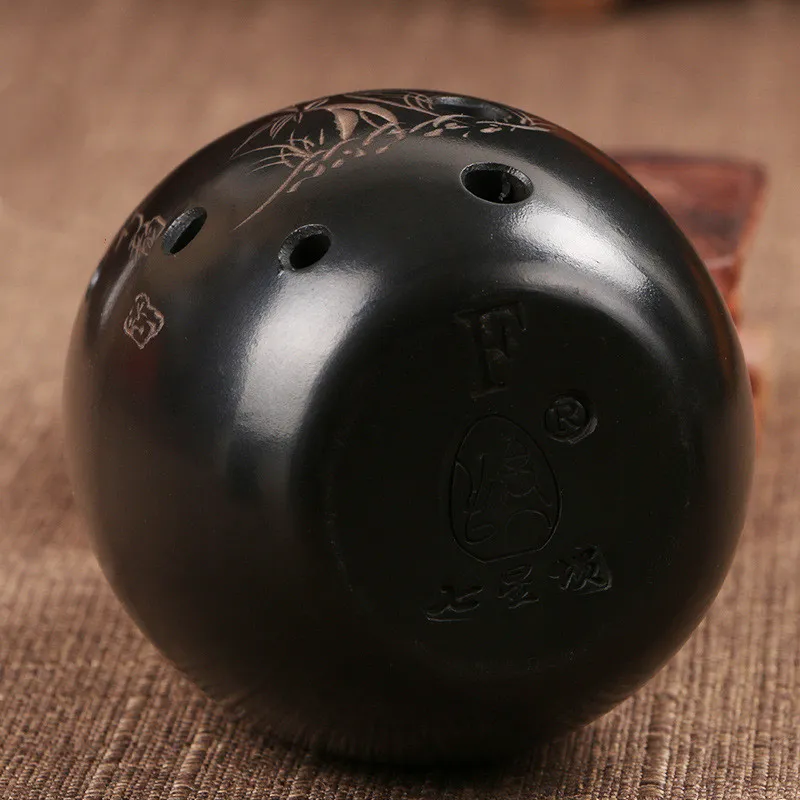
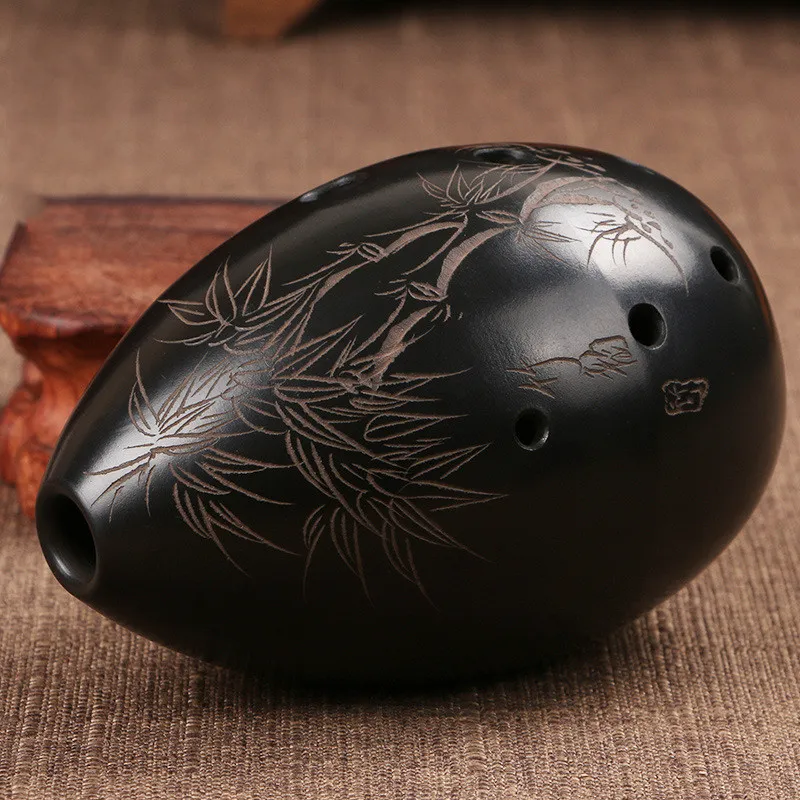
The product may be provided by a different brand of comparable quality.
The actual product may vary slightly from the image shown.
Shop amazing plants at The Node – a top destination for plant lovers

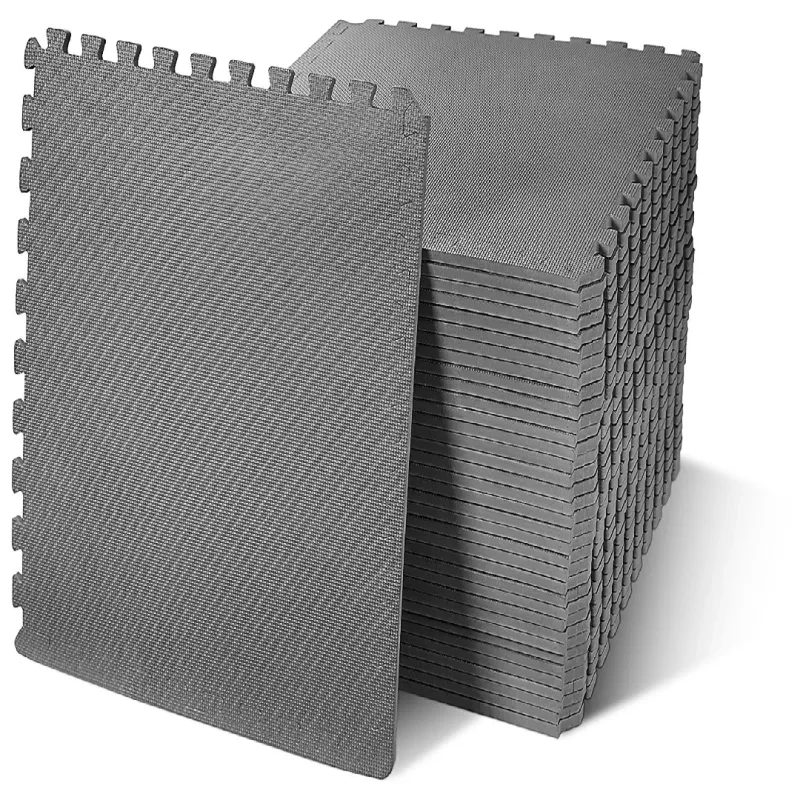
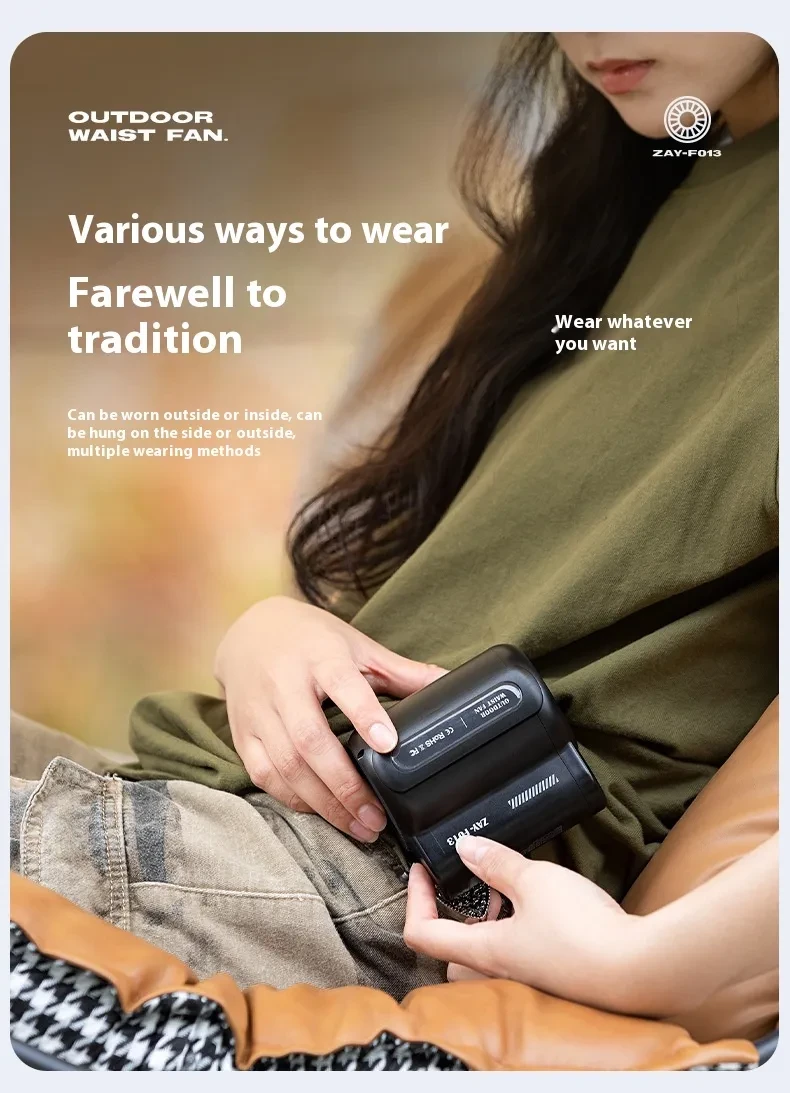
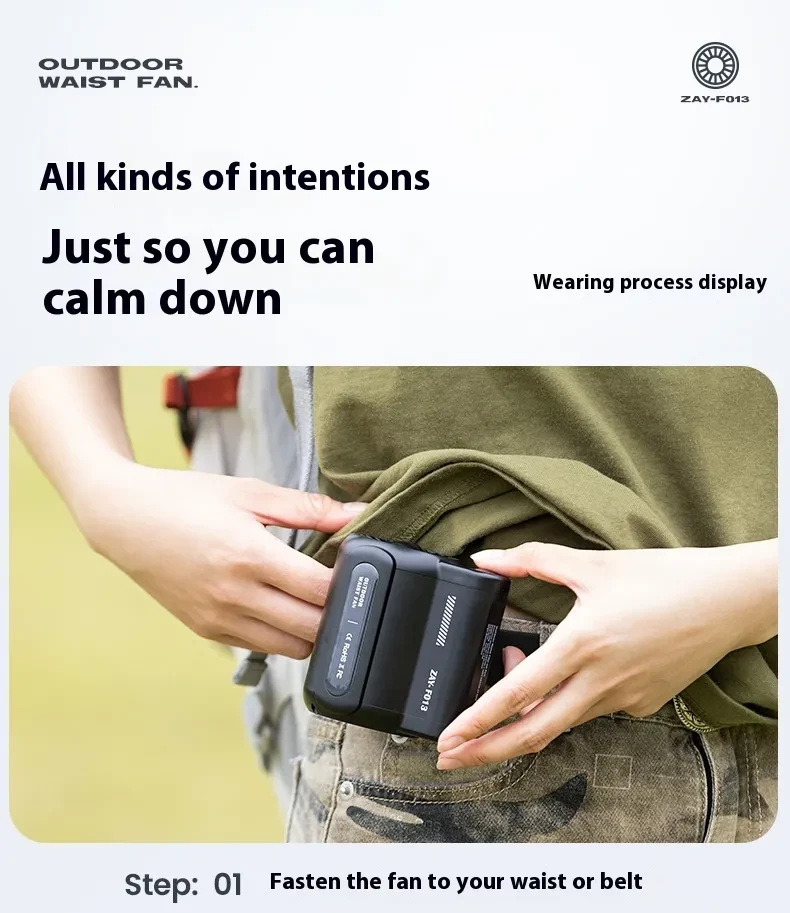
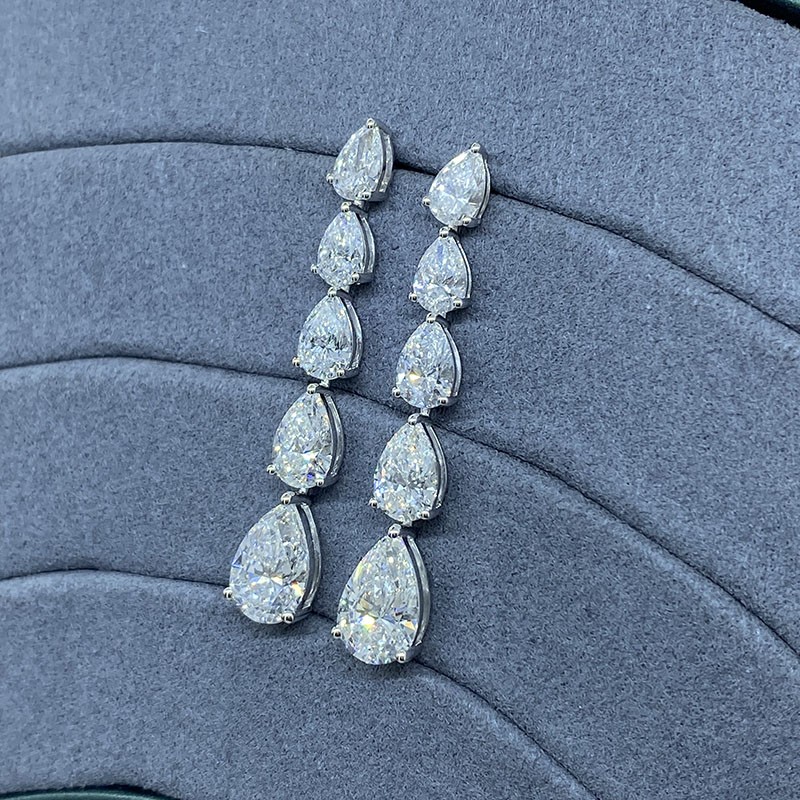
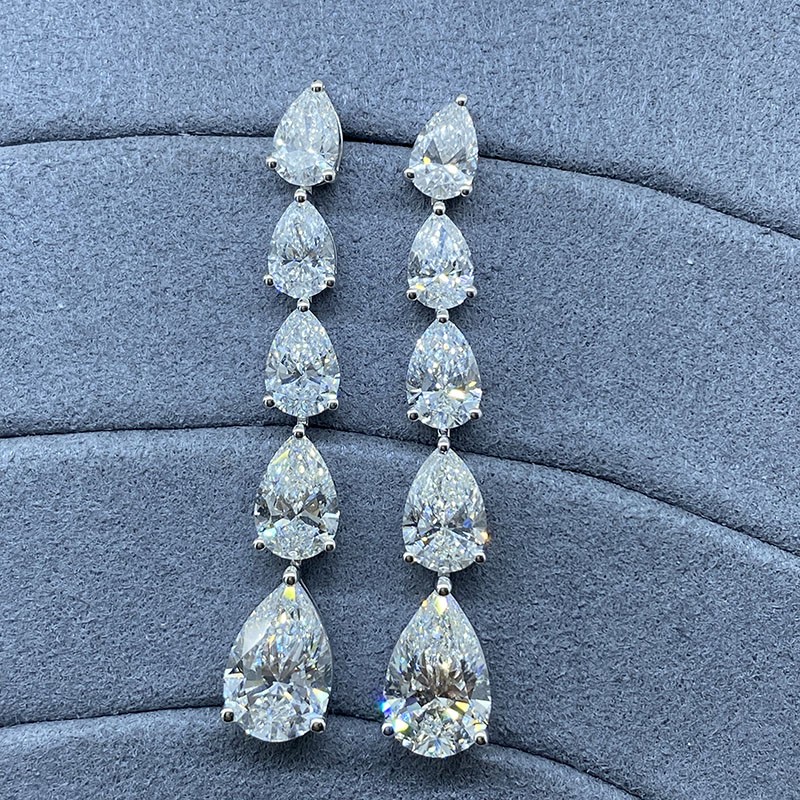
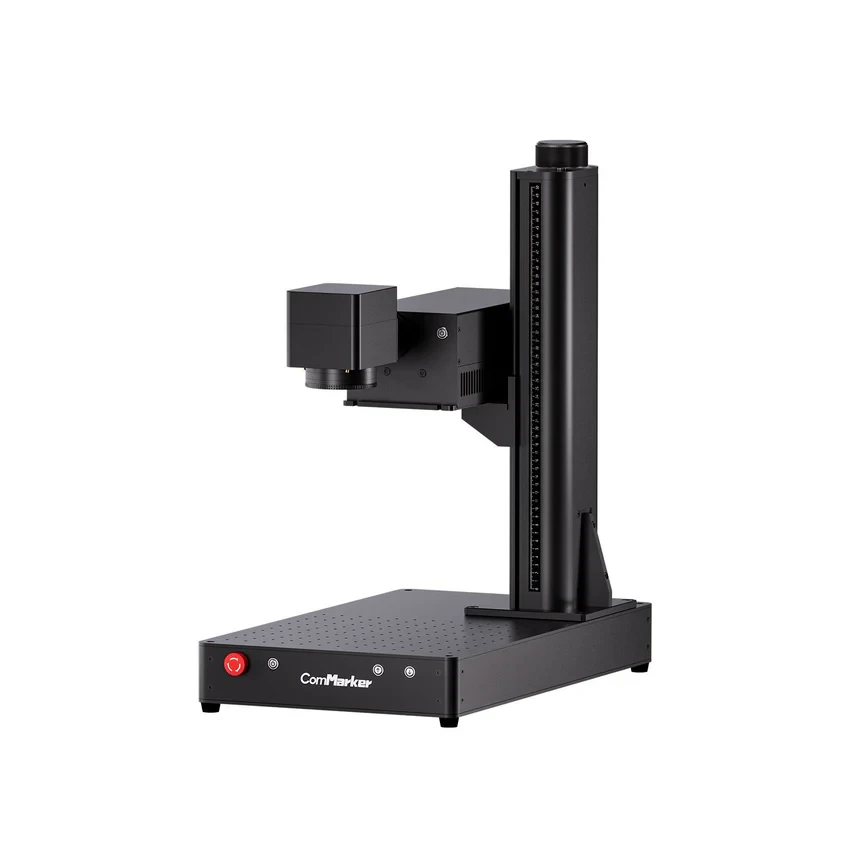
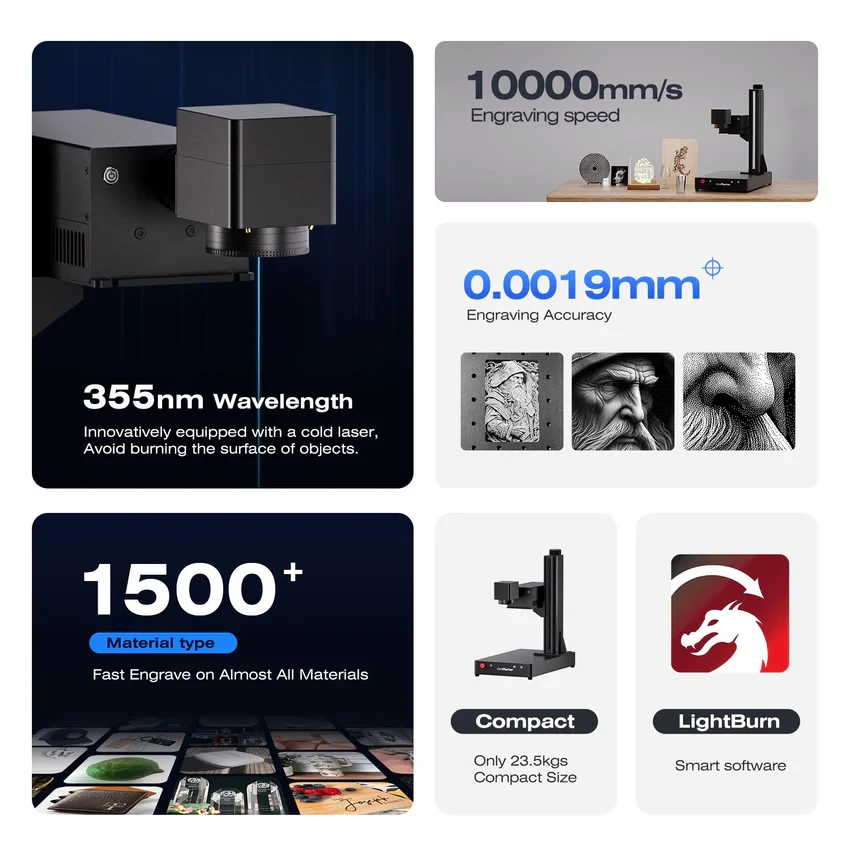
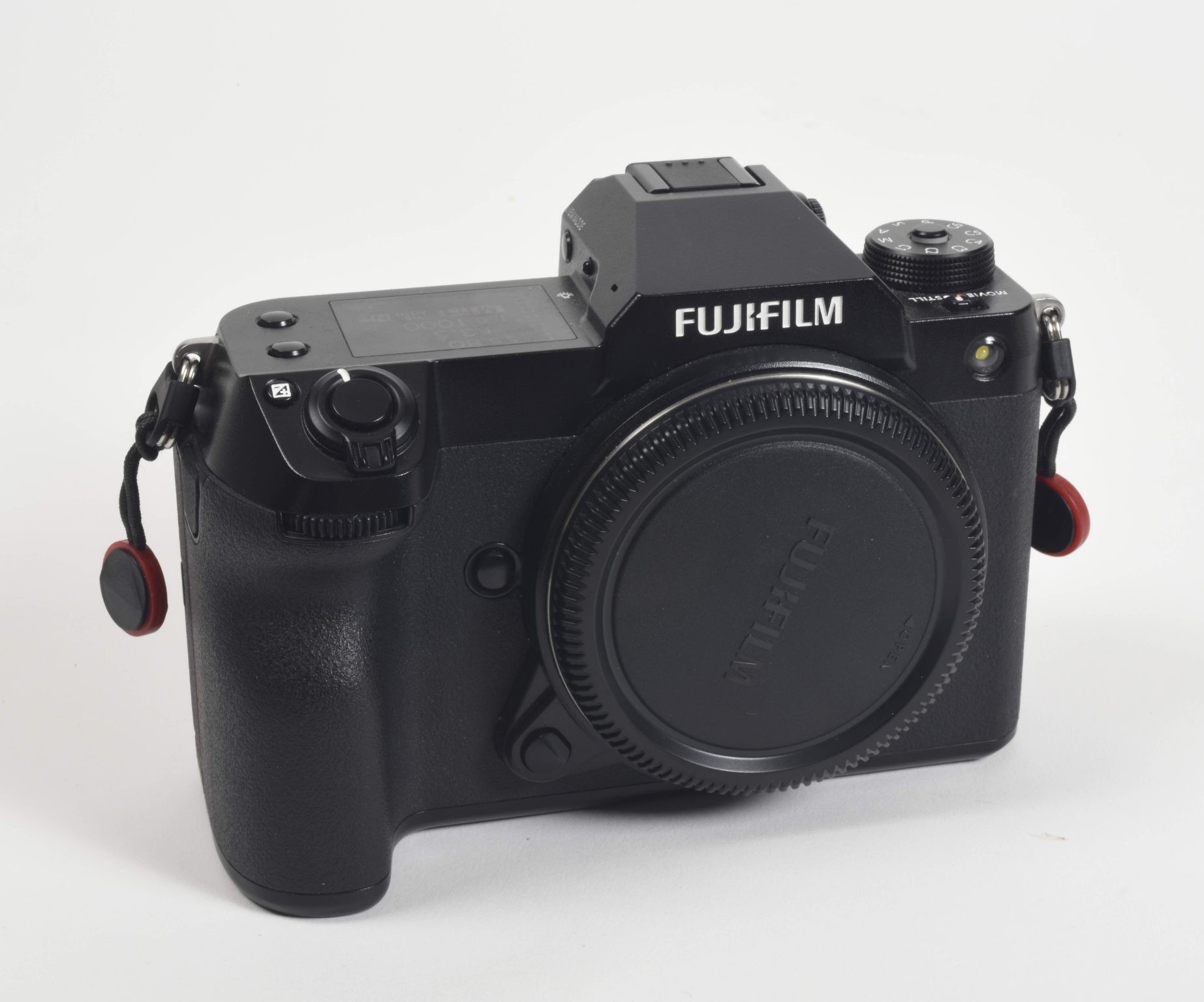
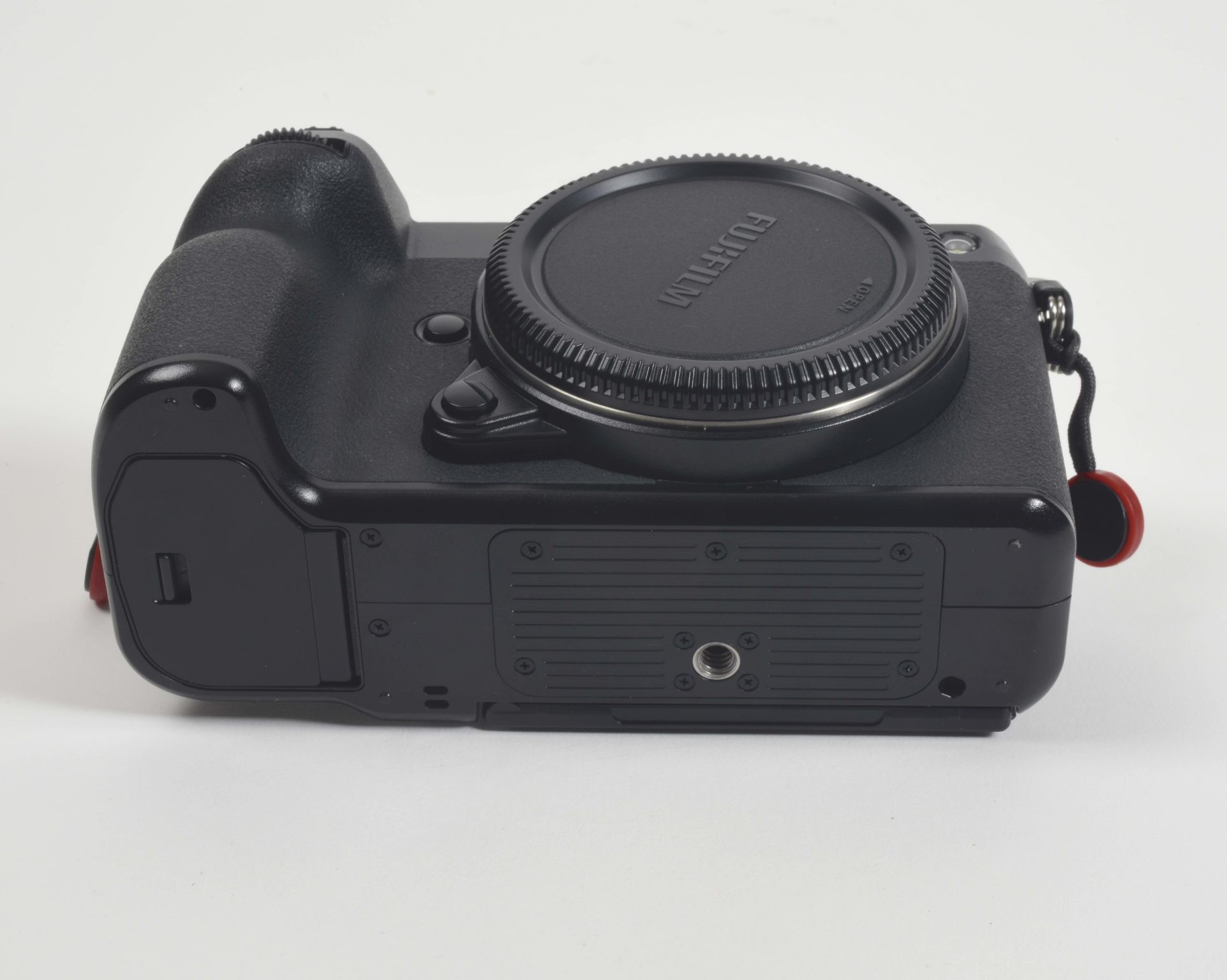
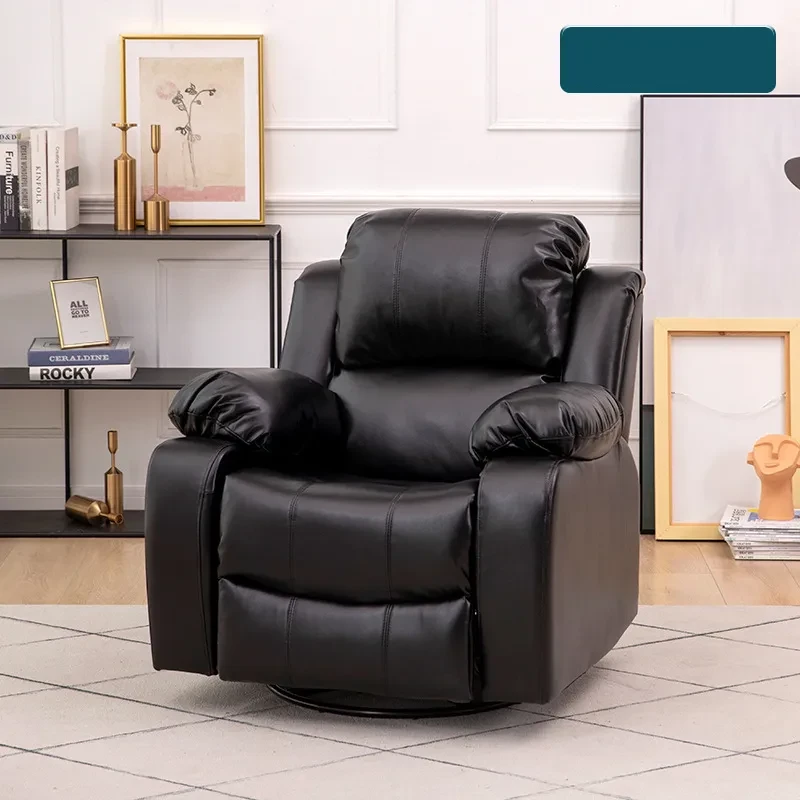
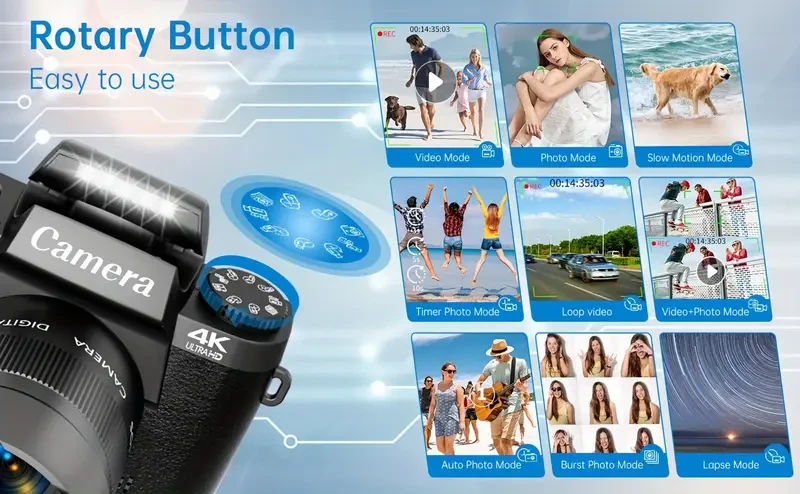
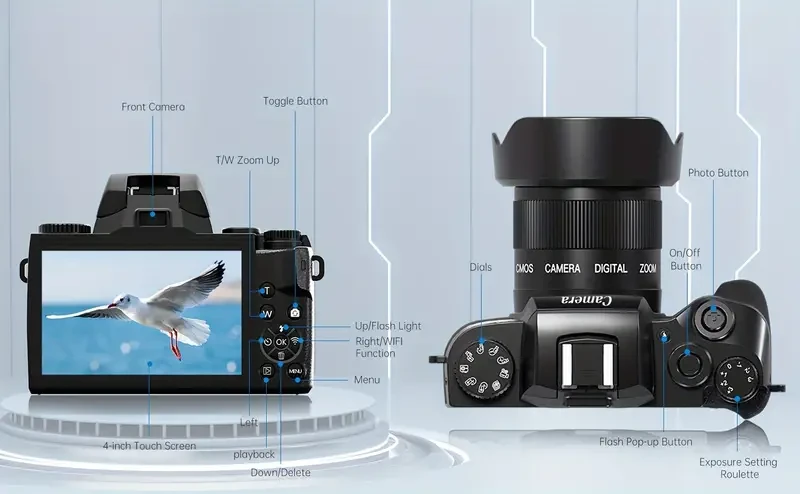
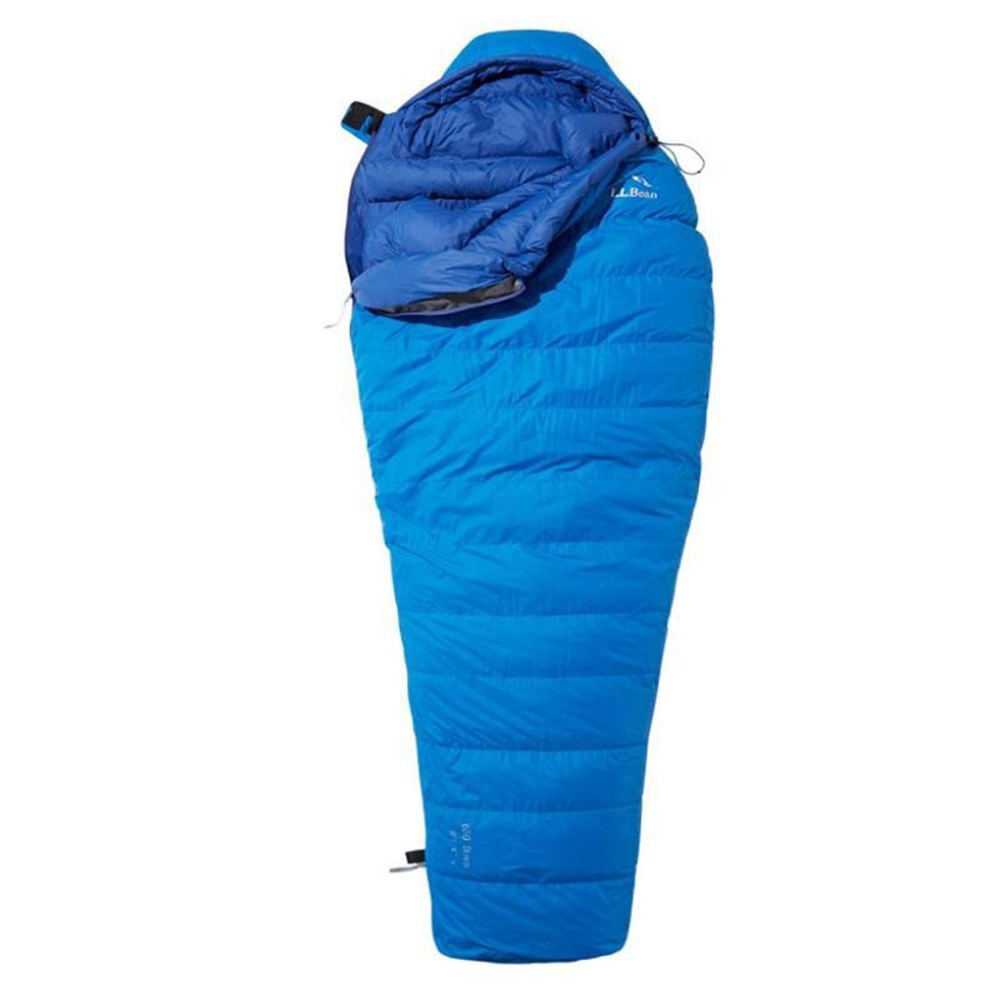


.jpg)









.jpg)





.jpeg)





.jpeg)



.jpeg)








.jpeg)



.jpeg)

.jpeg)

.jpeg)

.jpeg)




.jpeg)
.jpg)

.jpeg)






.jpeg)
.jpeg)




.jpeg)





.jpeg)


.jpeg)

.jpeg)

.jpeg)

.jpeg)







.jpeg)
.jpeg)
.jpeg)





.jpeg)



.jpeg)






.jpg)
.jpeg)









.jpg)


ulva-Logo.jpg)




.jpeg)



.png)















.png)























